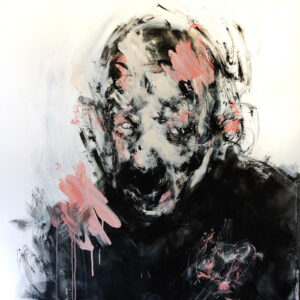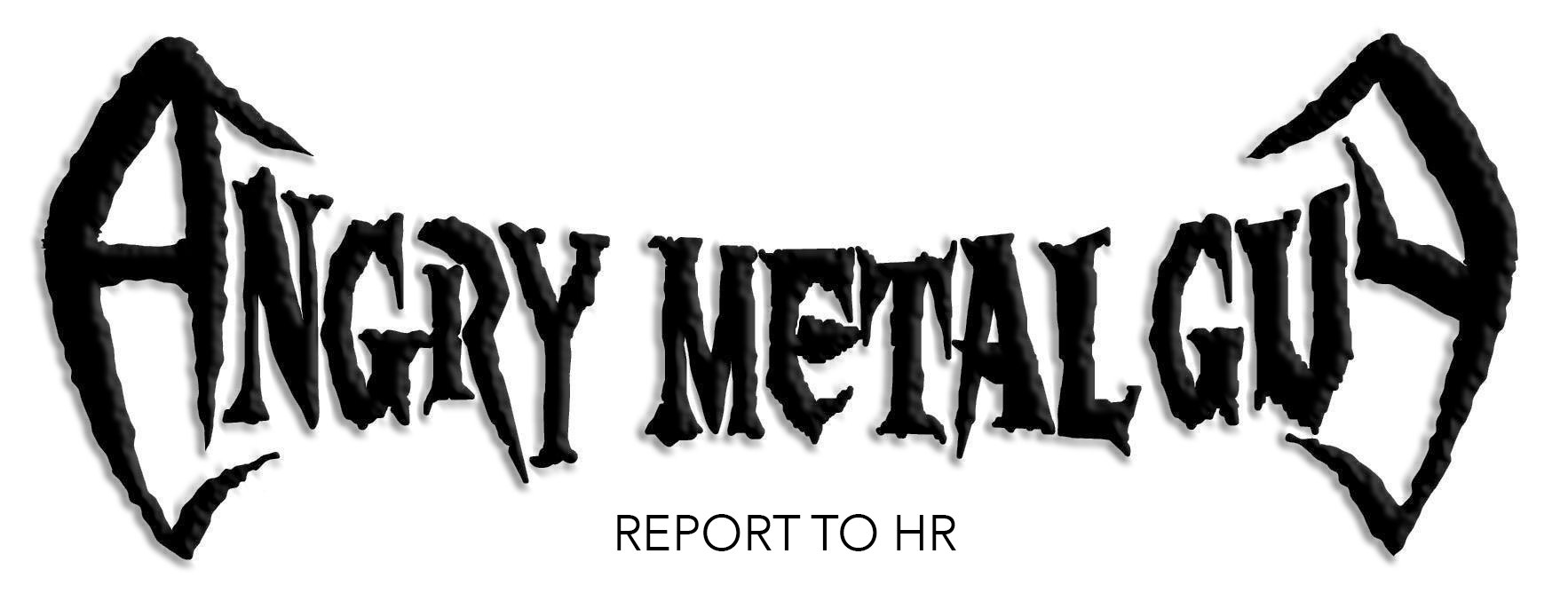
Overgeneralizing, there are two camps of black metal: the guys who love Transilvanian Hunger a little too much and the guys who love to mix it up. Unru falls into the latter, but what breed of black metal can we expect? Are we getting the latest Sunbather reiteration, Anaal Nathrakh love, folk a la Caladan Brood, or the greatest thing since White Ward?1 What this German quintet does is a little bit of a kitchen sink. With sophomore effort Die Wiederkehr des Verdrängten, you get some crusty rhythms and beats, some ambiance, and some symphonic overlays to really add to the black metal pile-up. The end result is tantalizingly abstract and aptly dense, but its massive length, uneven mixing, and inconsistent songwriting bring it firmly into “meh” territory.
To their credit, Unru is a patient bunch. Although frantic crust punk graces the brief title track with energy and intensity, you’ll find that Paysage d’Hiver and Vordven influence pervades the latter three, which dominates forty-two minutes of the album’s fifty-five minute runtime. As such, these tracks are patient growths of riffs, plodding percussion, and overwhelming ambiance. “Hungersteine” in particular feels like a place, reeling in density and beauty in equal measure as commanding growls echo across it. Much like offerings from genremates and newcomers Upir, Unru’s best is balancing this density with stunning beauty, as this track and previous track “Ein Hauch der Freiheit” dwell in patience and beauty, letting melodies run their course as they weave their way like thread through the density. Intro “Kråkstad” is furthermore an intriguing way to open the album, as its nearly eight-minute run of entirely crystalline atmosphere showcases patience and beauty that prepares for the highlights.

The glaring issue with Die Wiederkehr des Verdrängten is that Unru doesn’t know what to do with so much variety in content. Each song takes on an identity of its own that feels jarringly separate from the others. While “Ein Hauch der Freiheit” and “Hungersteine” reside in the same ballpark of sprawling atmosphere with blackened tricks, “Eintausend Stimmen” suddenly takes on the Transilvanian Hunger template with raw tremolo riffs when atmosphere and abstruse murk was front-and-center previously. This is the most glaring, but it epitomizes the album’s entire issue: Unru’s lack of identity. While we get a showcase of the act’s abilities in atmospheric, crusty, post-y, rawish, and dense black metal, there’s never a moment in Die Wiederkehr des Verdrängten when I can say “that’s Unru.” There’s just so much material in its fifty-five minute run with little cohesion that links the tracks, and so much they try to do all at once that sends this trainwreck off the rails. “Ein Hauch der Freiheit” is the best example of this, as it feels like four separate tracks with separate moods and motifs. Furthermore, to add insult to murky injury, the drums, in quieter moments a commanding force, get drowned in the thick mix.
I’m not sure what makes Unru tick, and I’m not sure Unru does either. There’s a lot going on their sophomore effort, and while glimpses of their best twinkle-like passing glances, Die Wiederkehr des Verdrängten feels like too much doing too little. It hits its stride in the longer tracks only to backtrack on it directly thereafter, and its crusty energy shows up for a mere five minutes. While it has its moments, I found myself just feeling frustrated by these Germans’ lack of commitment. Abstractness is clearly the aim here, but its lack of cohesion makes it feel more amateur than challenging.
Rating: 2.0/5.0
DR: 7 | Format Reviewed: 320 kbps mp3
Label: Babylon Doom Cult Records
Websites: unru.bandcamp.com | facebook.com/unruband
Releases Worldwide: March 4th, 2022

















